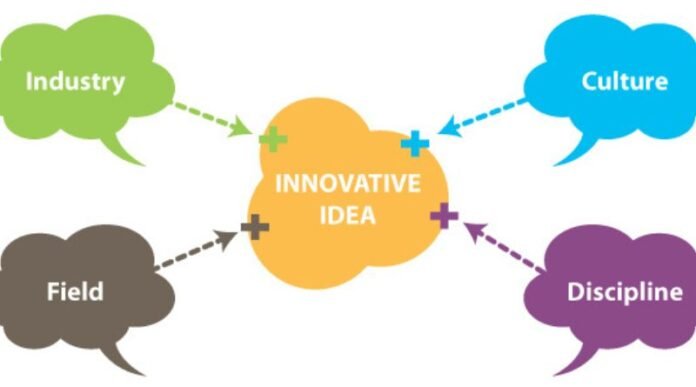Thomas Thwaites decided to construct a toaster from scratch in 2010. He entered a store, picked out the cheapest toaster he could find, and then immediately returned home and disassembled it piece by piece.
Thwaites had imagined the toaster to be a rather straightforward device. However, by the time he was done disassembling it, his floor was covered with more than 400 parts. Over 100 distinct materials made up the toaster, with plastic, nickel, and steel serving as three of the main ones.
He chose to make the steel parts first. Thwaites called an iron mine in his area and inquired about using some iron ore for the project after learning that iron ore was needed to create steel.
Unexpectedly, they concurred.
The Toaster Project
The triumph was fleeting.
Thwaites discovered he would need crude oil to make the plastic when it came time to make the plastic cover for his toaster. This time, he made a call to BP and inquired about their willingness to fly him to an oil rig and give him some oil for the undertaking. They declined right away. Oil corporations don’t seem to be as giving as iron mines.
Read Also: Air food recipe air food
Thwaites was forced to make do with melting plastic bits into the form of his toaster case. It’s not as simple as it seems. The makeshift toaster ultimately resembled a melted cake more than a kitchen gadget.
Throughout the course of The Toaster Project, this pattern persisted. Without the aid of some earlier procedure, progress was practically impossible. For instance, he had to melt old coins to make the nickel components. “I understood that if you started completely from scratch you might easily spend your life constructing a toaster,” he would later remark.
Don’t Start From Scratch
Typically, it is not a good idea to start from scratch.
We make the mistake of assuming that new concepts and significant modifications need to start from scratch. We use phrases like “Let’s go back to the drawing board” when commercial projects go wrong. We often think, “I just need a fresh start,” when we think about the habits we’d like to modify. However, creativity rarely occurs as a result of entirely reimagining the world, abandoning all prior theories and inventions.
Take a look at a natural example:
Read Also:The City’s Most Stimulating Wedding Halls in Lahore
According to some researchers, bird feathers originated from reptilian scales. Scales gradually transformed into tiny feathers as a result of the processes of evolution, which were first utilized for insulation and warmth. These little fluffs eventually grew into big, flight-capable feathers.
The animal kingdom did not suddenly decide to begin from scratch and produce an animal with the ability to fly. The evolution of flying birds was a lengthy process of building upon and refining previously successful concepts.
The development of human flight took a like course. The Wright brothers are widely credited with developing modern flying. The aviation pioneers who came before them, such as Otto Lilienthal, Samuel Langley, and Octave Chanute, are, however, rarely discussed. In their effort to develop the first flying machine, the Wright brothers benefited from and built upon the work of these individuals.
The most original inventions frequently include the reworking of preexisting concepts. Instead of creating, creative thinkers connect. Furthermore, rather than dismantling the entire system and starting over, making 1% improvements to what already works is typically the most effective approach to move forward.
Read Also:Usnotion Review: Is it a Scam or Legit?
Iterate, Don’t Originate
The Toaster Project serves as an illustration of how we frequently overlook the intricacy of our contemporary environment. You don’t consider everything that must occur before a toaster may be purchased when you purchase one. You aren’t aware that the oil is being extracted from the ground or that the iron is being chiseled out of the mountain.
Most of the time, we are unaware of how amazing and intertwined everything is. Understanding this is crucial since it can be challenging to identify the forces that are acting for and against you in a complicated society. Similar to buying a toaster, we frequently overlook the numerous steps that went into the finished product.
Generally speaking, it is better to build on what has already proven successful when solving a complex problem. Every concept that is currently effective has passed numerous tests. Because they have already survived in a complex environment, old ideas are a secret weapon.
Don’t start something; iterate.













